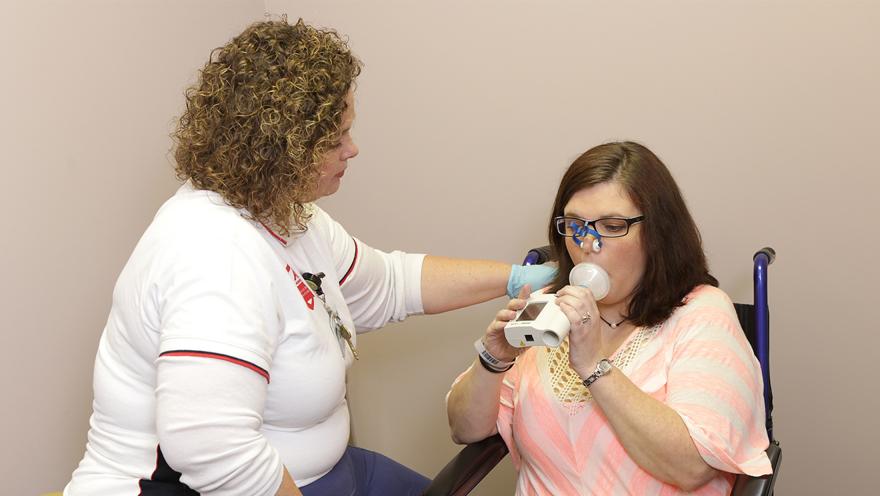
Natural History Studies
One of the most common types of observational studies researchers use to learn more about ALS is called a natural history study. This type of study looks at how ALS progresses over time. Because ALS affects people so differently, understanding what happens from the time immediately before the disease develops through its clinical stages is exceedingly important.
During a natural history study, researchers gather information from each participant. This can include the person's gender, age of symptom onset, site of onset, genetic testing results (if known), examination data, ALSFRS-R scores, clinical milestone data (such as time to feeding tube placement or time to non-invasive ventilation) and many other items.
This information can then be used by researchers at academic ALS centers and/or pharmaceutical companies to better under ALS and its progression, inform better clinical trial design and build the scientific foundation of drug development programs. These studies also help inform patient care, best practices and research priorities.
Registry Studies
Some observational studies don’t recruit participants directly. Instead, they answer specific research questions using information people with ALS have voluntarily submitted to a special database called a registry. This information may include age, race, sex, risk factors, treatment undergone and disease progression. Researchers can also use the data collected by registries to identify trends over time, monitor outcomes and study standard of care or best practices.
Some registries, like the National ALS Registry, were developed for a specific purpose. The National ALS Registry was established by Congress in 2008 to collect information that can be used to estimate the number of new cases of ALS that will be found each year in the United States. Information collected by the National ALS Registry is also being used to better understand who gets ALS and what factors affect the disease.
To get the most accurate picture of the disease, it is important to include as many people living with ALS as possible in registry databases. Learn more about enrolling in the National ALS Registry.
Studies for Family Members
There are several ongoing opportunities for healthy people with a family history of ALS to participate in observational research.
The ALS Families Project is helping researchers learn more about why motor neuron degeneration begins and how or why it progresses. This study provides genetic testing and counseling to help participants decide if they want to learn their genetic status and understand and manage their risk.
The DIALS (Dominant Inherited ALS) Network is recruiting first-degree relatives of people with ALS linked to C9orf72 or SOD1 gene mutations who do not have symptoms of the disease themselves. The researchers plan to follow participants for five years to identify early diagnostic signs and characterize biomarkers at the time any symptoms may develop.
The Pre-symptomatic Familial ALS (Pre-fALS) study is recruiting healthy individuals with a family history of ALS to learn more about the genetic and environmental factors that put people at risk for developing the disease. The researchers also are looking to uncover what happens before ALS symptoms develop, as well as the onset and progression of the disease in individuals who are later diagnosed with ALS.
More research opportunities for family members of people with ALS can be found on ClinicalTrials.gov. To start your search, enter “ALS \(Amyotrophic Lateral Sclerosis\)” in the box for “Condition or disease”. You can then refine your search by adding words like “presymptomatic” or “family” in the “Other terms” box.
ALS Association Support
Thanks to the outpouring of support from the ALS Ice Bucket Challenge in 2014, we have been able to fund many valuable observational studies taking place around the world. This work has helped scientists better understand the disease, identify new drug targets and biomarkers for diagnosis, expedite clinical trials, and make DNA sequencing data available to the entire ALS research community. Since 2014, more than 20 genes associated with ALS development have been discovered, doubling the number of known ALS-linked genes and providing critical insight into the proteins and pathways involved in disease development and progression.
